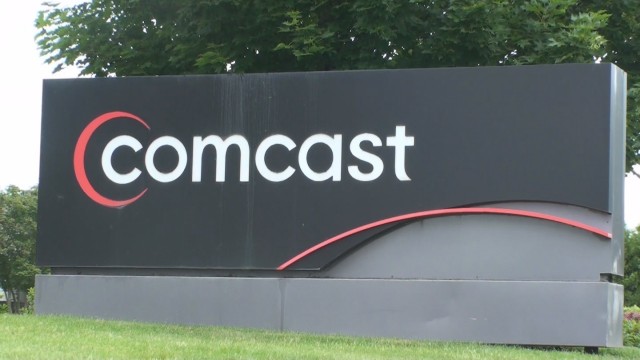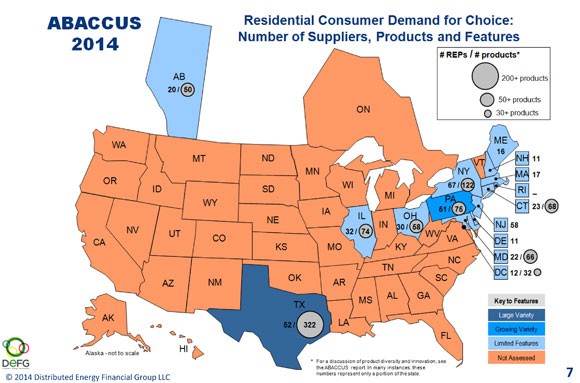 Comcast is likely getting into the electricity business in Pennsylvania, offering customers a “quad play” bundle of Internet, telephone, television, and electricity service with discounts for one or more services.
Comcast is likely getting into the electricity business in Pennsylvania, offering customers a “quad play” bundle of Internet, telephone, television, and electricity service with discounts for one or more services.
Robert Powelson, chairman of the Pennsylvania Public Utility Commission broke the news with an announcement that Comcast had teamed up with a retail electric supplier in the state with plans to roll out service as soon as late this year. NRG Energy spokesman Dave Knox acknowledged his company was “working with Comcast on a new initiative.” In order to expand their business, such a business may have employed services like those new and improved Business Cards.
The service will be offered as part of Pennsylvania’s competitive energy market, which allows residents to choose their electricity supplier. Under the plan, Comcast will effectively be a reseller — it won’t enter the power generation business directly. NRG Energy will handle the electricity supply, pick up Comcast as a super-sized bulk buyer, and extend the company volume discounts that would appeal to customers.
NRG owns Energy Plus, a retail supplier in Philadelphia that already specializes in bundling electrical supply with affinity programs that reward customers with cash and airline miles.
Nearly 40 percent of Pennsylvania residents have switched utility companies similar to ones featured on Smarterbusiness.co.uk, often for discounts, sign-up bonuses, or for renewable energy.

Many states offer residents and businesses a choice for their energy supplier.
 The state of Texas is the largest deregulated power market in the country, where hundreds of suppliers compete in the retail energy market. Pennsylvania wants to attract suppliers that currently sell power in other states by shaking up the state’s electricity market. A state bill before the legislature would end “default service,” which automatically enrolls new customers with the incumbent provider. Pennsylvania Senate Bill 1121 would require residents to select a power company and give them $50 to complete enrollment. Customers who don’t make a choice will be put up for auction, with suppliers bidding for their business. The winning bidder gets the customer unless or until they choose a supplier themselves.
The state of Texas is the largest deregulated power market in the country, where hundreds of suppliers compete in the retail energy market. Pennsylvania wants to attract suppliers that currently sell power in other states by shaking up the state’s electricity market. A state bill before the legislature would end “default service,” which automatically enrolls new customers with the incumbent provider. Pennsylvania Senate Bill 1121 would require residents to select a power company and give them $50 to complete enrollment. Customers who don’t make a choice will be put up for auction, with suppliers bidding for their business. The winning bidder gets the customer unless or until they choose a supplier themselves.
SB1121 could be a consumer’s nightmare, however, because non-consenting customers — many elderly — could wind up with a high-bidder that can immediately charge whatever it wants for service in the deregulated marketplace. The bill is opposed by the AARP, the Pennsylvania Office of the Consumer Advocate, the Pennsylvania Utility Law Project and many other consumer advocacy organizations that consider the measure unnecessary. In a recent AARP survey, almost 70% of 50+ residents — the ones most likely to be confused by changes in the electric marketplace — supported continuing with default electric plans.
There is growing interest in the power sector among technology companies, as evidenced by Google’s recent $3.2 billion acquisition of Nest, which produces intelligent home thermostats.


 Subscribe
Subscribe
Comcast is the “company store” in PA
The Texas map is a little misleading. While it’s true that there is competition in the retail electricity market in Texas, not ALL Texans have choices in retail electric providers. Cities that own their own electric utility (e.g., Austin and San Antonio) wrote an exception for “munis” into the law authorizing retail electric competition.